A film by John Feldman
A work in progress
Regenerating Life is a feature-length documentary that takes an ecological approach to unraveling the social and environmental crises that confront us. It challenges the prevailing climate change story and offers a new narrative and new solutions.
The film finds that the root cause of the climate, social, and health crises is humankind's relentless destruction of the natural world that sustains us. Today, the critical water, carbon and nutrient cycles are greatly out of balance. In particular, by disrupting the water cycle we have impaired the system's ability to cool the planet. This is causing extreme weather events, social unrest, and disease.
As we reexamine the basics of climate science, we find that the increase in carbon dioxide and other greenhouse gasses in the atmosphere is just one part of the complex "global warming" picture. This means that there are many solutions.
Regenerating Life's systemic approach to planetary health reveals many attainable solutions. A growing movement of farmers, activists, scientists, and others are working to repair the environmental and social devastation we have caused. These are the people we talk to in this film. They are regenerating life, protecting ecosystems, and growing healthy food to sustain healthy communities.

THE CHAPTERS
- Hope for a Destructive Species
- Life Is A Self-sustaining System
- Water Cools the Planet (aka: Rain Needs Trees)
- If the Soil Could Talk
- Extreme Hydrological Events
- How did CO2 Become the Fall Guy, And Why Was Water Left Out of the Equation?
- In Praise of Trees (aka: Global Deforestation and Ecosystem Destruction)
- The Dust Bowl and the Problem with Chemical Ag
- The Green Revolution that Wasn't
- Healthy Soil, Healthy Food, Healthy Planet (aka: Ecological Farming)
- Life is Resilient
- Growing Sane Communities
THE STORY

First we ask scientists: How does the Earth maintain its temperature? To do so we explore photosynthesis, combustion/respiration, the carbon cycle, the nutrient cycles, and the water cycles.
We discover that the temperature of the planet is maintained within a range suitable for life primarily by the actions of water.
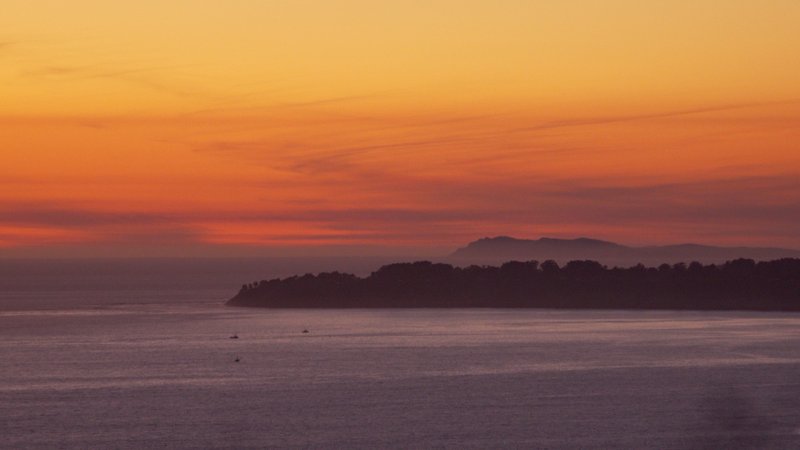
Water vapor is a far more plentiful greenhouse gas than carbon dioxide and makes a big contribution toward keeping the Earth warm enough for life. Water also has a cooling effect. As water is transpired by trees and other plants, it takes heat away from the Earth's surface. As the water vapor condenses as clouds – which further cool the planet – much of this heat is released into space, and then the water comes down as rain. The rain is held in the soil.
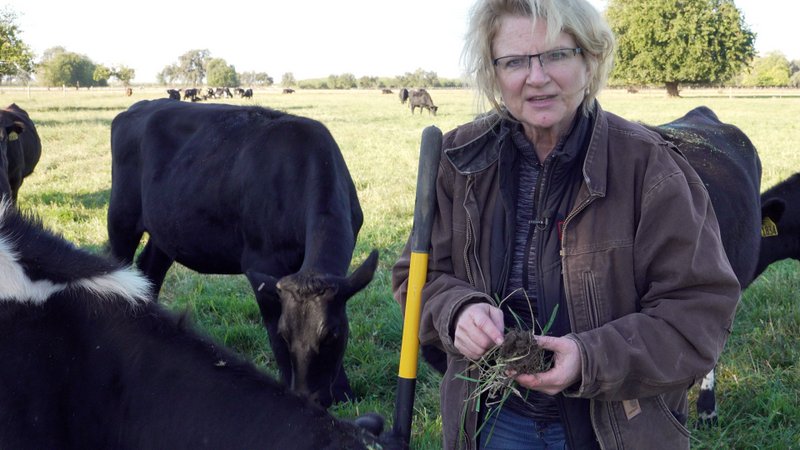
Soil is the living tissue of the Earth. It nurtures vast eco-systems that include everything from bacteria to trees to us. In healthy soil, mycorrhizal fungi turn soil into a sponge, a "carbon sponge," that holds water, lots of water, and makes it available to the system.

Given this understanding of the Earth's complex climate system, we next ask: How did carbon dioxide become the climate change fall guy? This we trace back to the need to present a simple quantitative model of global warming to – hopefully – catalyze political action. And while the current efforts to cut fossil fuel use and move to renewable energy are crucially important, reducing emissions alone will not solve the problem.

This leads to an exploration of how we humans have messed up this system and brought about climate and social crises. We visit farmers and activists across the globe who, by understanding what has gone wrong, are enacting solutions.
For ten thousand years we have destroyed the Earth's soils, forests, and biodiversity. The Fertile Crescent, considered the cradle of western civilization, is now a desert. Forty percent of the land that was once green is now barren. Not only does this greatly reduce the Earth's capacity to cool itself, but bare land re-radiates much more heat than land that is covered in green, and this drastically warms the planet.

Industrial farming practices, including plowing, chemical fertilizers, and pesticides have killed the soil so that it no longer holds water. When it rains the water runs off. This leads to flooding, erosion, drought, and wildfires. And the runoff takes the chemicals into the oceans, killing the ecosystems there.
These agricultural practices – dominated by large corporations and subsidized by governments – have driven farming communities off the land and led to poverty and social strife. We now have an industrial food system that deprives us of vital fresh food and causes myriad social and health issues.
This journey takes us to the Dust Bowl and to stories of farmers in Kansas who are revitalizing the land through regenerative farming. They are promoting chemical free food to restore the health of their children.
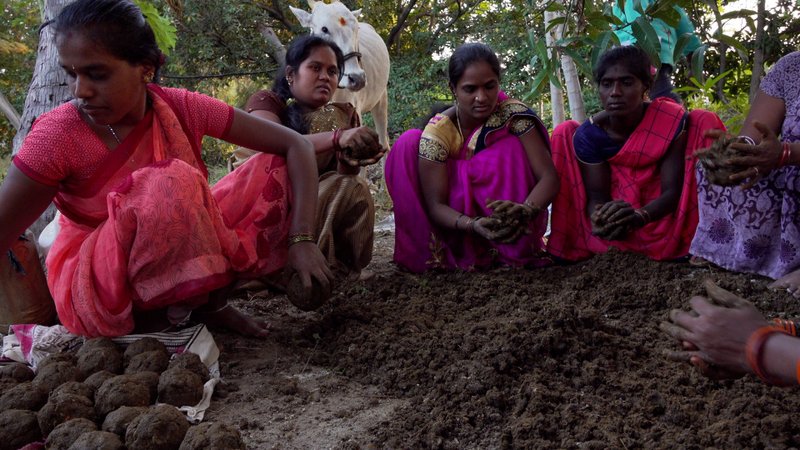
And then we go to India, where the so-called Green Revolution destroyed farmland and farm communities, to learn about Vandana Shiva's fight against the corporate takeover of food and seeds. In India, we spend a week with peasant farmers who are participating in the world's most sophisticated and revolutionary form of ecological farming. No longer dependent on the monsoon cycle, free of plowing and chemicals, these farming practices are revitalizing the lives and communities of thousands of farmers.
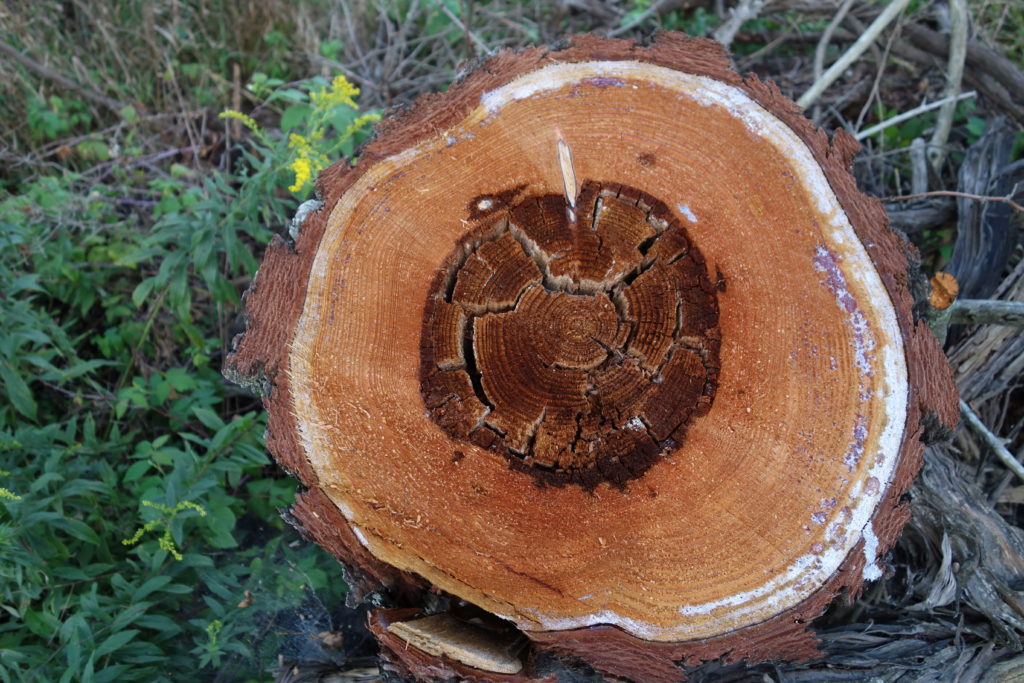
Then we turn our attention to trees, deforestation, and ecosystem destruction. Forest ecosystems are vital to maintain the temperature and health of the planet, but we destroy them. According to current economic theories, a tree doesn't have value until it is cut down. With the help of international trade alliances and local governments, global corporations are destroying forests and jailing and murdering leaders of the indigenous people who try to protect them. While some reforestation efforts are underway, these are dwarfed by the corporate onslaught that is destroying forests from the north to the south in every corner of the globe.

What a mess! But there is good news. More and more people see the dilemma we are in and are changing their way of thinking in order to live in harmony with each other and the natural world. They have learned – together and apart – to look to nature for guidance in their efforts to grow healthy food and communities.
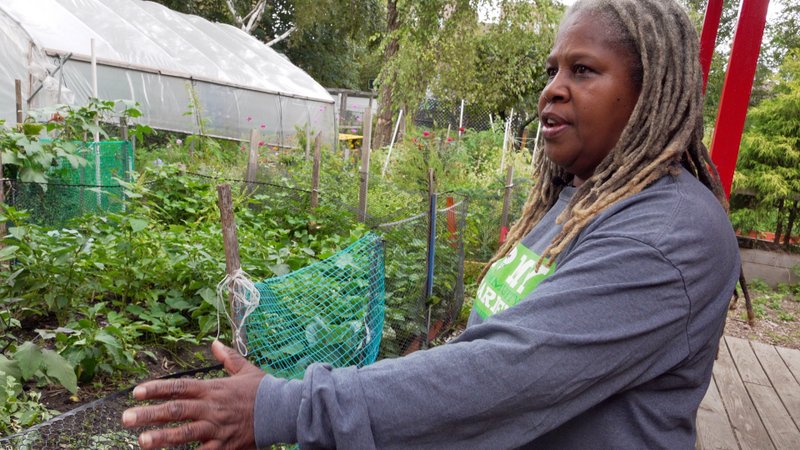
Farmers, activists, scientists, and many others are regenerating the fields, forests, wetlands, urban landscapes, and even oceans. These are the people who are developing ecologically-based agricultural models, questioning established practices, and reinventing education, local economies, and fighting the intrusion of large self-serving corporations into their lives. These people represent a movement toward sanity.
Commenting on how much humans have yet to learn, biologist Lynn Margulis said "people are in the growing stage and the ruining stage." What if, as she suggests, people can change? This film is dedicated to that "what if."
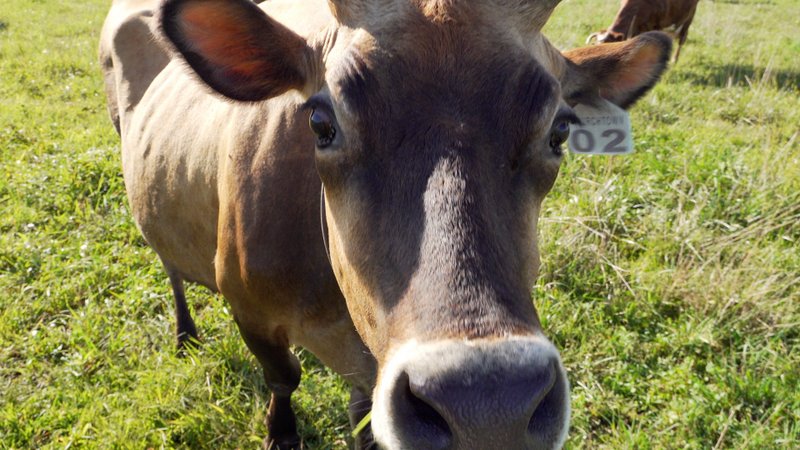
Link to Facebook: https://www.facebook.com/regeneratinglife/
Link to Instagram: https://www.instagram.com/regenerating_life/
Sign up for Hummingbird Films e-newsletter or Contact.